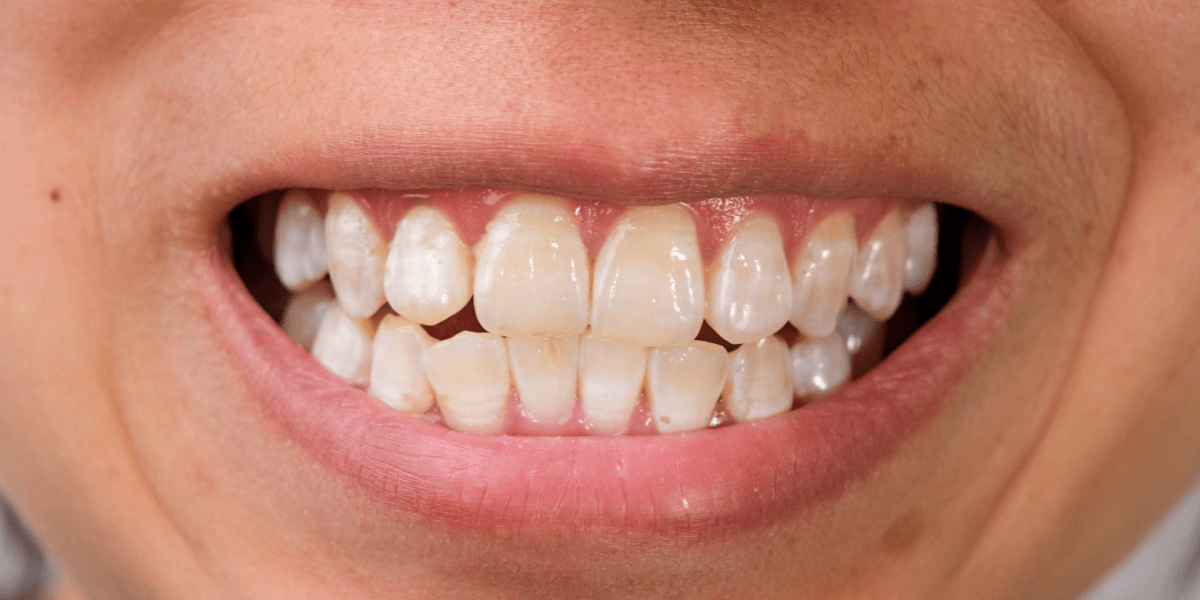Understanding Amelogenesis Imperfecta: A Rare Genetic Dental Condition
Have you noticed your teeth are discolored, sensitive, or prone to cavities? These signs might indicate Amelogenesis Imperfecta (AI), a rare genetic disorder affecting the enamel—the protective outer layer of teeth.
AI causes enamel to develop improperly, leading to teeth that are thin, discolored (yellow, brown, or gray), sensitive, and more vulnerable to decay and damage. It affects both baby and adult teeth, with symptoms ranging from enamel that is absent or soft to poor mineralization or thin enamel layers.
This condition stems from genetic mutations affecting proteins essential for enamel formation. Different types of AI exist, including hypoplastic (thin or missing enamel), hypomaturation (poor-quality enamel), and hypocalcified (soft enamel), each with varying severity. AI can be inherited from one or both parents.
Diagnosis typically involves dental exams, X-rays, and sometimes genetic testing. While AI has no cure, treatment focuses on managing symptoms and protecting teeth. Options include fillings, crowns, veneers, fluoride treatments, orthodontics, and strict oral hygiene to prevent further damage.
Living with AI can impact confidence due to cosmetic concerns, but modern dentistry offers solutions to improve both appearance and function.
If you suspect you or a loved one has AI, consult a dentist or genetic counselor. Early diagnosis and tailored care are key to maintaining healthy teeth and a confident smile despite this rare condition.









